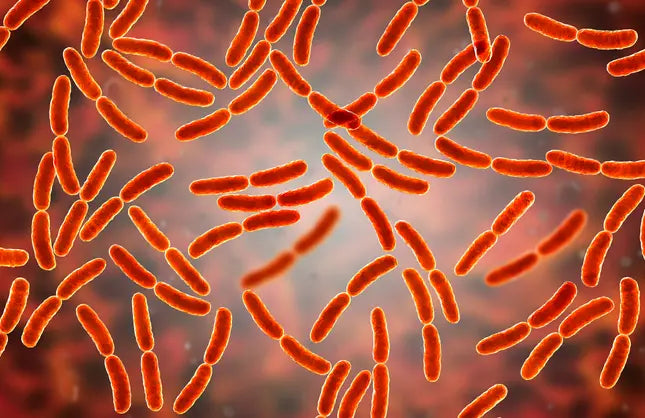Healthy Weight management: more that what you eat and how much you move
The digestive system is a complex one. At every part of the 9 metre long tract, one process kicks into another to ensure the food we eat is broken up, the nutrients made available to be absorbed, and that which is left over and we don’t need or use, is excreted as waste. While there are a number of chemical processes involved, which the body takes care of, there’s also another significant factor at play: your gut bacteria.
Within your digestive tract lives a 100 trillion-strong bacterial colony, which we collectively refer to as the microbiome, or gut flora, when paired with the other tiny organisms like fungi and viruses that live in the same environment.
While there are a small number of bacteria that inhabit the stomach and small intestine, the majority of the gut flora are located in the large intestine, which is densely populated. Research shows that there may be between 300-1000 different species of bacteria, but only around 30-40 of these different species are most dominant. These critters have many different functions, such as synthesising vitamins, providing energy, and metabolising compounds that your body is unable to.
In more recent years, as research in the field of the gut flora has developed, scientists have become interested in the role of these bacteria in healthy weight management, and how different types of bacteria may be contribute to overall wellness.
The composition of the gut flora changes over time, being greatly influenced by factors within the environment, the foods you eat, your genetics and your overall state of health. A typical Westernised diet pattern has been found to negatively affect the gut bacteria and drives changes in the way the body uses energy from food. These changes include those involving insulin sensitivity and the composition of fat cells in the body, which influences metabolism and energy balance.
Health and gut bacteria
We’ve always thought that our body shape is largely dictated by the genes we inherit, but this idea has been challenged. Evidence suggests that genetic variants only account for a small susceptibility, and that it is the gut flora that may have a greater influence. When the gut flora is not in balance, there is a huge shift in the way they interact with the rest of your body systems.
When gut flora are pushed out of balance, so too, is energy balance. Changes in gut flora have been shown to:
- Increase calorie extraction from food by changing the lining of the small intestine and the movement of food through the digestive tract.
- Influence carbohydrate digestion, which increases the amount of sugars available to be used or stored as energy.
- Promote the deposit of fat into the liver.
- Reduce the activation of a key compound that regulates insulin secretion, sugar uptake by cells and general energy balance.
Diet plays a significant role in the composition of the gut flora and how it helps or hinders healthy weight management efforts. You already know that sugar, saturated fats, trans fats, and other chemically altered, processed and refined foods are a no-no and that they should be eliminated from the diet, not only to stay in good shape but to promote overall health and wellbeing. General strategies to achieve this are to:
- Eat more lean protein like chicken and turkey over fatty, red meat.
- Choose healthier take-out options like salads, wraps and wholewheat sandwiches over burgers and other fat-rich fast food.
- Reduce the need for packaged and processed foods by opting for fresh produce.
- Switch out your regular sugary treats for natural sweet options like fruit.
These smart changes benefit your body in general, and nourish your healthy gut flora to promote them to grow and thrive.
On top of these standard dietary approaches, there is also evidence to show that using prebiotics can help to balance gut flora in an effort to support healthy weight management and support healthy blood sugar levels.



